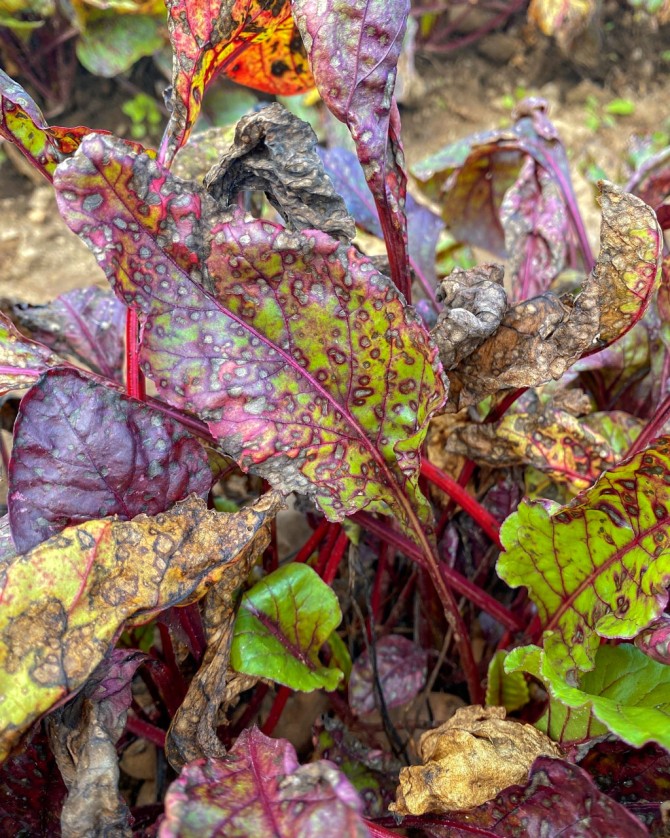This Sunday, 20 November marks the start of National Skin Cancer Action WeekTM, and Cancer Council Australia in partnership with the Australasian College of Dermatologists, is urging Australians to be SunSmart to help reduce their risk of developing skin cancer.
Often called our national cancer, Australia has the highest rate of skin cancer in the world, with approximately two in three Australians diagnosed with skin cancer during their lifetime. In addition, it is estimated that almost twice as many men as women will die from melanoma this year alone (Australian Institute of Health and Welfare, 2022).
Despite melanoma incidence and deaths being higher among men than women, new research commissioned by Cancer Council and released today shows that less than half (49%) of Australian men regularly seek shade to protect themselves from the sun during summer, and less than a third (29%) regularly use sunscreen.
Cancer Council Australias Director of Cancer Control Policy, Megan Varlow, noted that the new research reinforces that Australians, particularly men, arent protecting themselves on a daily basis.
Not only does our research indicate that Australian men arent being safe in the sun, it also shows that almost half (47%) of men often or always spend time outside during peak UV hours throughout summer. This tells us that more needs to be done to remind people of the easy steps they can take to reduce their risk of skin cancer every day, she said.
President of the Australasian College of Dermatologists, Dr Clare Tait, noted the importance of reminding all Australians about the ways in which they can minimise over-exposure to UV radiation, which causes 95% of melanomas. She also noted the importance of all Australians regularly checking their skin, and for anyone who has concerns, to visit their GP who may refer them to a dermatologist.
Sadly, skin cancer claims the lives of over 2,000 Australians every year. Yet, there are steps we can take to protect ourselves from the sun and reduce our risk of skin cancer. Fortunately, most skin cancers can be prevented by using all five forms of sun protection Slip, Slop, Slap, Seek and Slide.
We know that every region across the country is likely to reach extreme levels of UV over the summer months, so its important to remember to always check the UV index before you head outside and use all five forms of sun protection whenever the UV index is three or above, she added.
Retired teacher John Clements knows just how dangerous the sun can be, having had multiple skin cancers diagnosed since his 50th birthday. He has received treatment to remove skin cancers from his face, arms, hands and legs at least once a year, for the past fifteen years.
I grew up in a time where no one knew better. Wed run around on the beach with just our bathers on and would try to get a tan. My life, and that of my two brothers and sister, would have been much better had we covered our skin up.
I was a bit blas about my health back in the day, like a lot of blokes. But after my mother was diagnosed with cancer, I went to my GP to get all the checks and got a bit of a shock diagnosis myself. Since then, Ive learnt to keep on top of my health I have a GP who I know and trust to look after my skin and Im quick to take action.
Now, if Im out in the sun at all, I make sure to protect myself, he concluded.
Australians are being reminded to use the five forms of sun protection whenever the UV level is three or above: Slip on sun-protective clothing, Slop on broad-spectrum, water-resistant SPF 30 (or higher) sunscreen, Slap on a broad brimmed hat, Seek shade and Slide on sunglasses.
National Skin Cancer Action WeekTM runs from Sunday 20 November to Saturday 26 November. For more information, visit cancer.org.au.
Notes to editor
A cancer diagnosis can be a distressing and overwhelming experience for many Australians and stories about cancer can raise questions or cause anxiety for readers who have been directly impacted by cancer.
We suggest that any content of this nature should direct to a consumer resource for further information or support. Cancer Council Australia recommends the inclusion of the following line within any content:
If you or someone you know has been diagnosed with cancer and needs support, please know that help is available. You can contact Cancer Councils free and confidential support line on 13 11 20 for practical, emo







